5 Warning Signs of a Cracked Engine Block
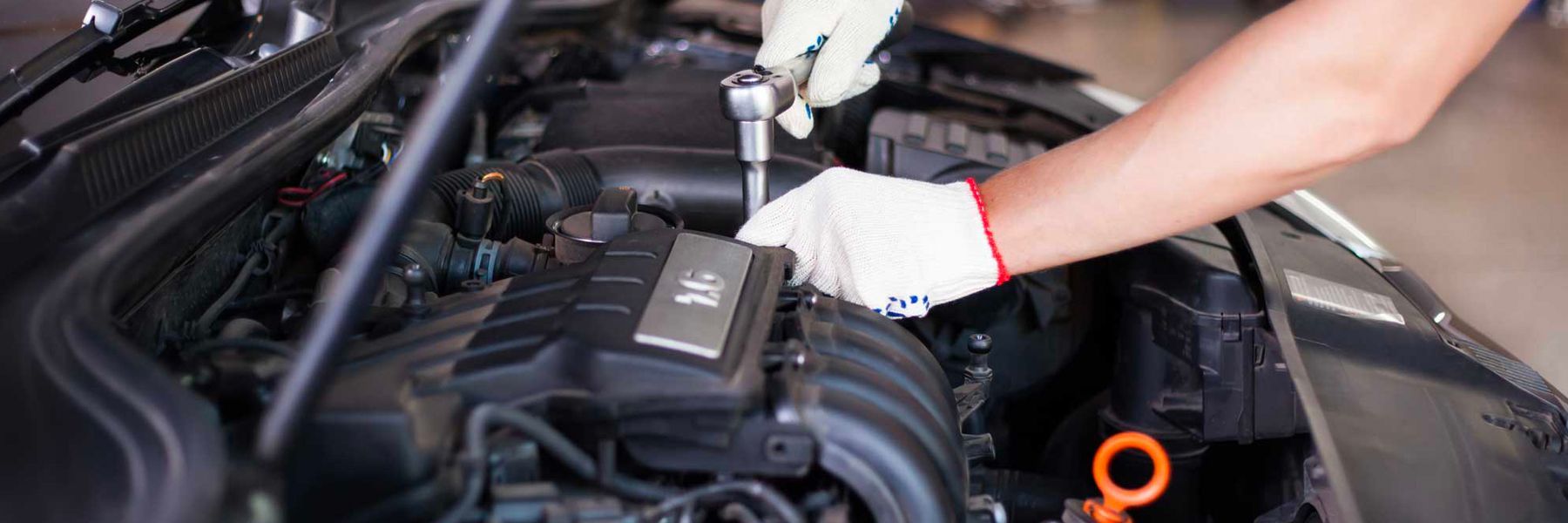
A cracked engine block is one of the most severe issues your vehicle can face. The engine block is the core of your car's engine, housing many of the critical components necessary for operation. When it cracks, it can lead to significant problems, often requiring costly repairs or even a complete engine replacement. At Engine House Inc., our local mechanics can expertly address cracked engine blocks. We provide top-quality engine repair and replacement in the greater Phoenix area. Here’s a look at five signs that might indicate a cracked engine block.
Overheating
One of the most common signs of a cracked engine block is persistent overheating. The engine block is crucial for maintaining the engine's temperature, as it houses the coolant passages that help regulate heat. When there’s a crack, coolant can leak out, reducing the system's ability to cool the engine efficiently. If you notice your engine temperature gauge frequently running hot, a cracked engine block could be the culprit.
Coolant Leaks
Coolant leaks are another indication of a cracked engine block. If you find puddles of coolant under your vehicle or notice a drop in coolant levels without any apparent leaks from hoses or the radiator, the coolant might be escaping through a crack in the engine block.
Engine Oil Contamination
A cracked engine block can allow coolant to mix with engine oil, leading to contamination. This mixture often results in a milky or frothy appearance in the oil. Contaminated oil can damage your engine, reducing its lubrication efficiency and causing increased friction and wear on engine components.
Poor Engine Performance
A compromised engine block can lead to a drop in engine performance. You might notice a loss of power, rough idling, misfires, or difficulty starting the engine. These symptoms occur because the crack can affect the engine's compression and overall ability to operate smoothly.
White Exhaust Smoke
White smoke from the exhaust can indicate a cracked engine block, as coolant leaking into the combustion chamber will burn off and produce white smoke. This is a major red flag that should be brought to the mechanic’s attention ASAP.
Engine Repair & Replacement in Phoenix, AZ
When you need engine repair in Phoenix and the surrounding area, contact Engine House Inc. at 602-265-2752. Feel free to give us a call to schedule an appointment!
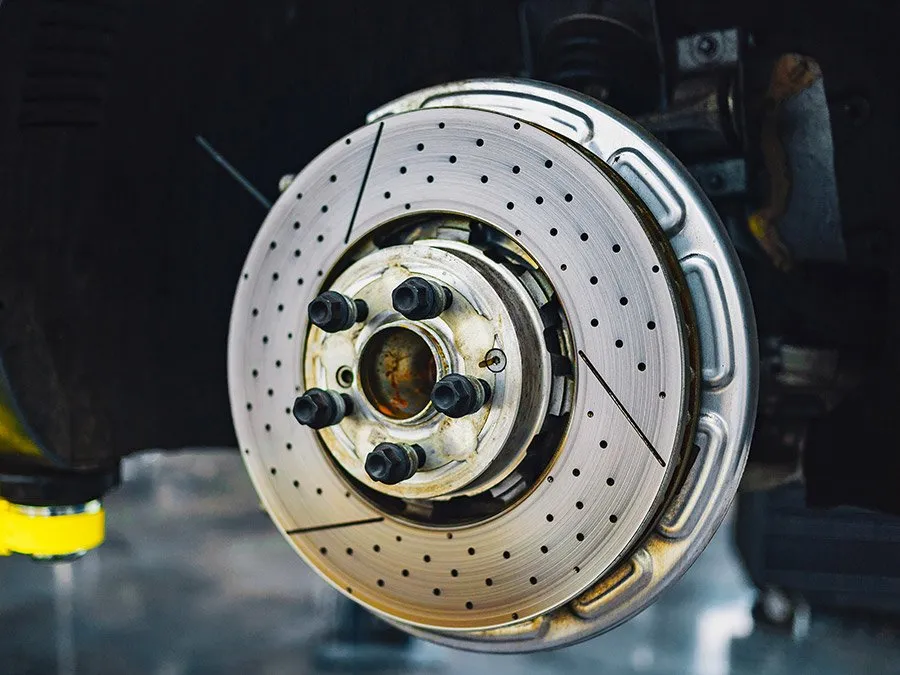
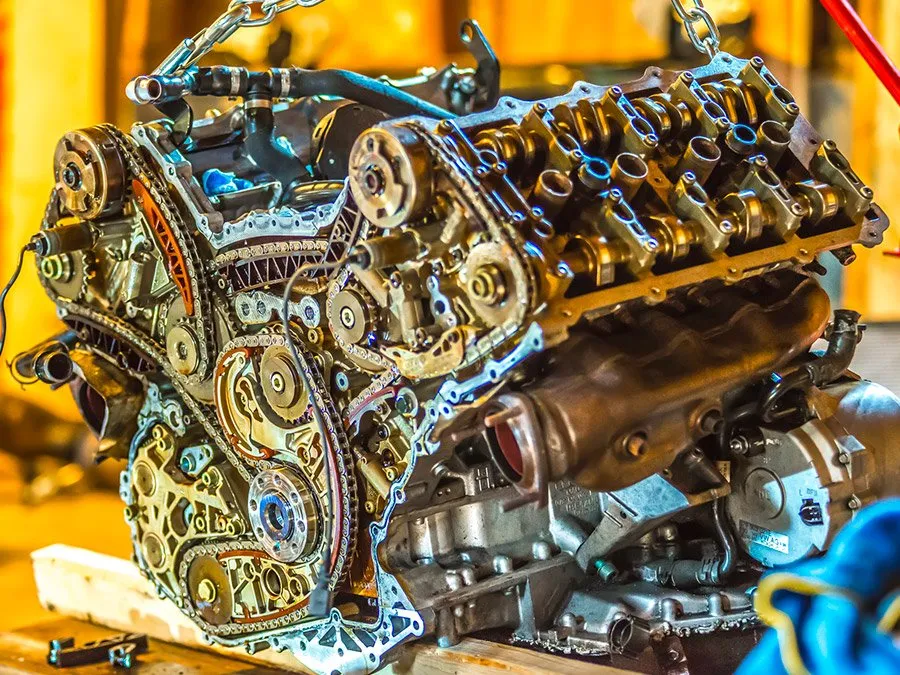
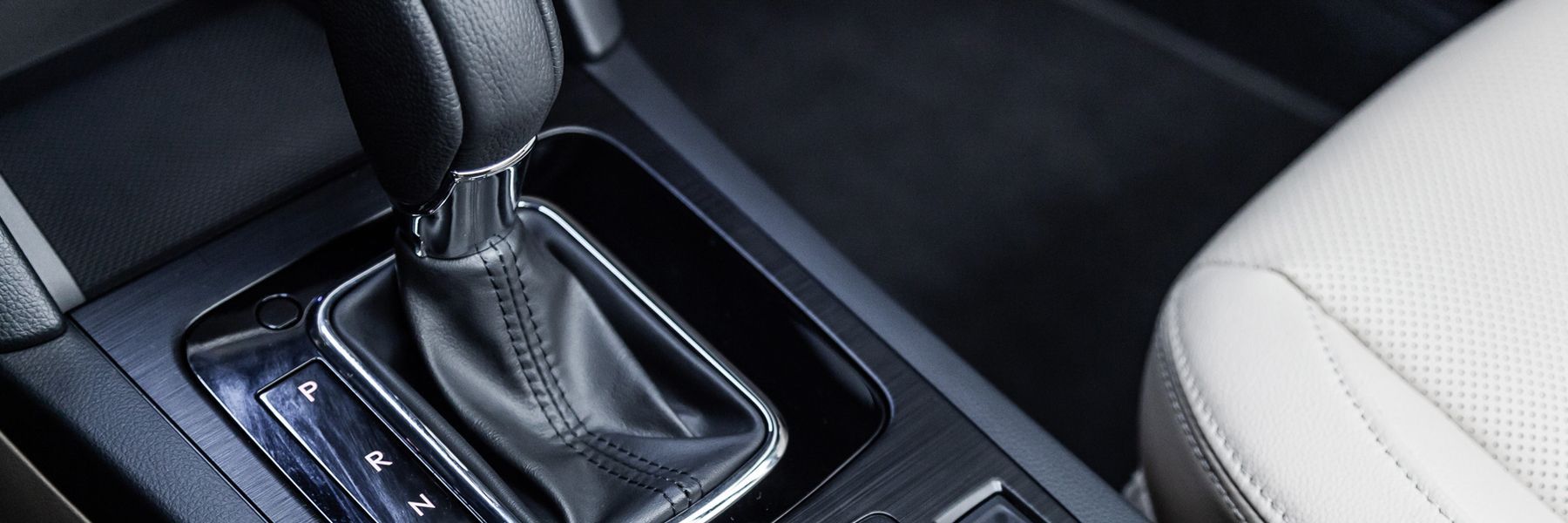

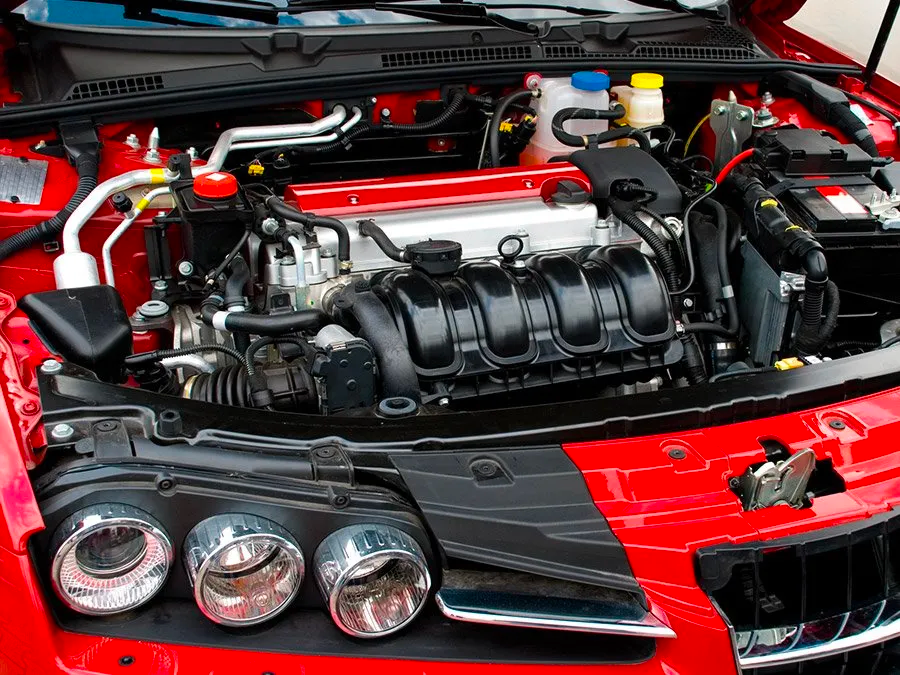
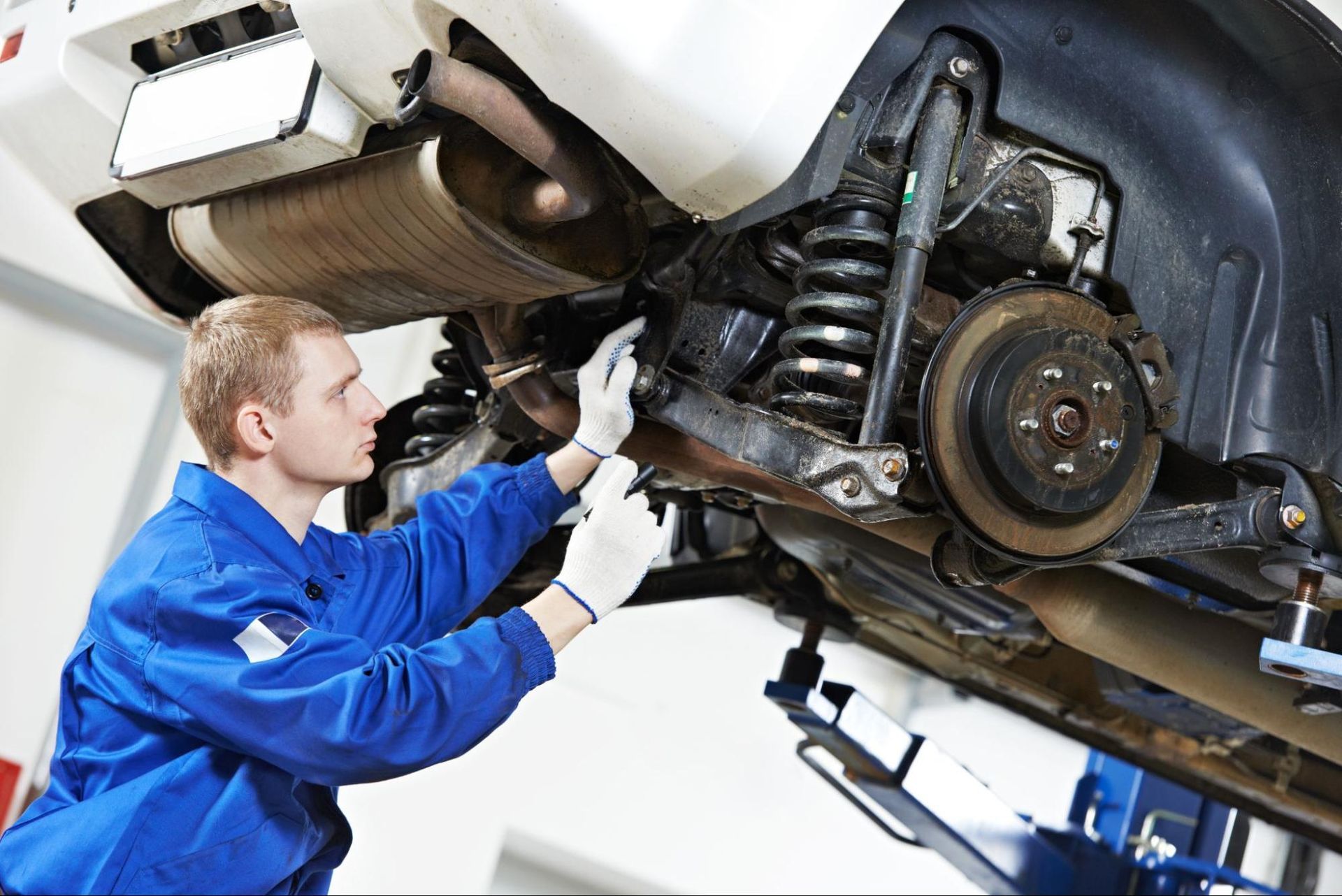

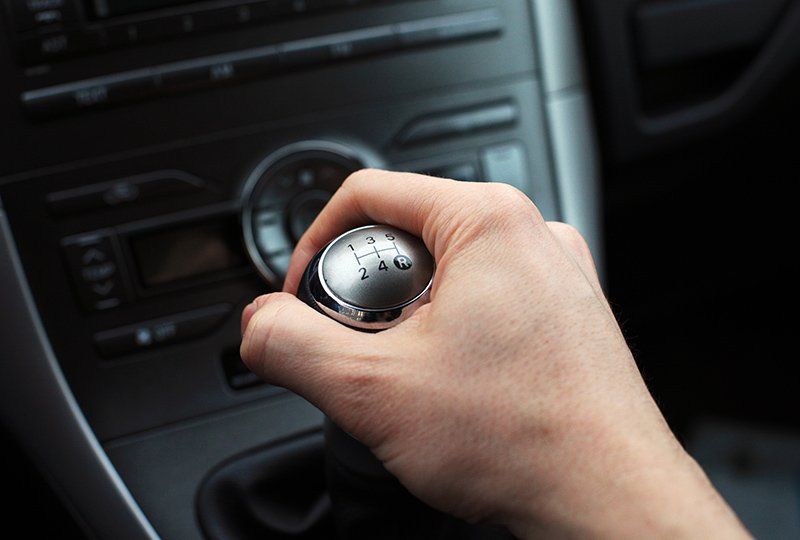
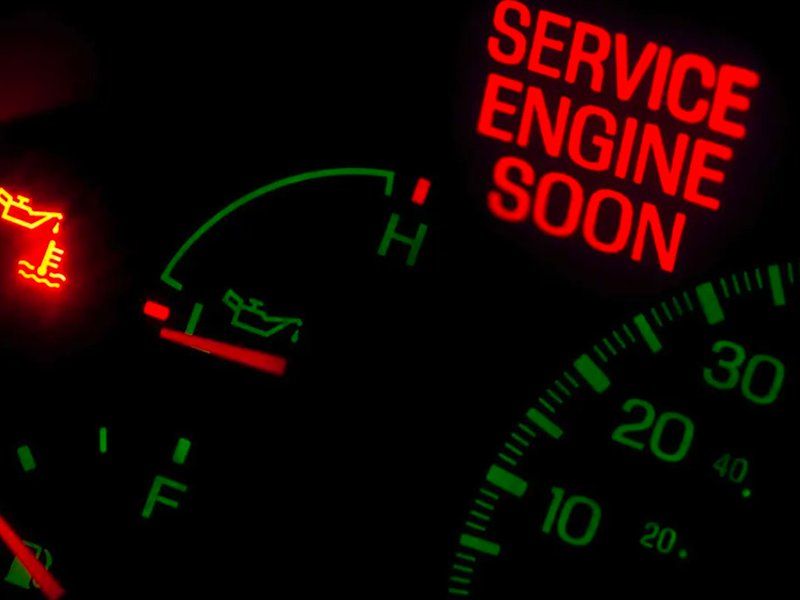
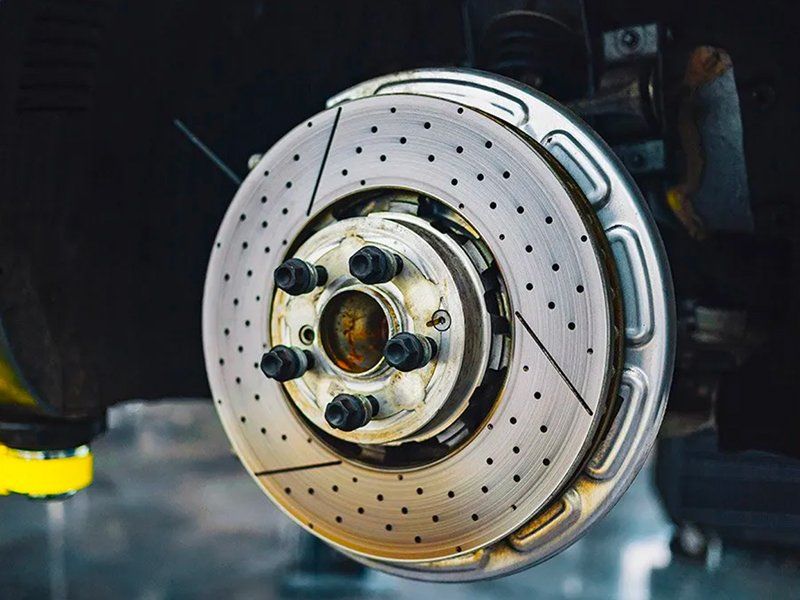
Schedule Appointment
Contact Us
We will get back to you as soon as possible.
Please try again later.
4015 N Black Canyon Hwy.
Phoenix, AZ 85015
Closed Saturday & Sunday
About Us
Locally owned and operated Engine House Inc. is a full service auto repair shop in Phoenix specializing in engine remanufacturing and machine shop services. For more than 47 years we have been helping drivers in our community care for their vehicles. In that time we have developed a reputation for providing quality, honest and fair priced car care services for most makes and models of cars and trucks, as well as marine engines.
Engine House Inc

